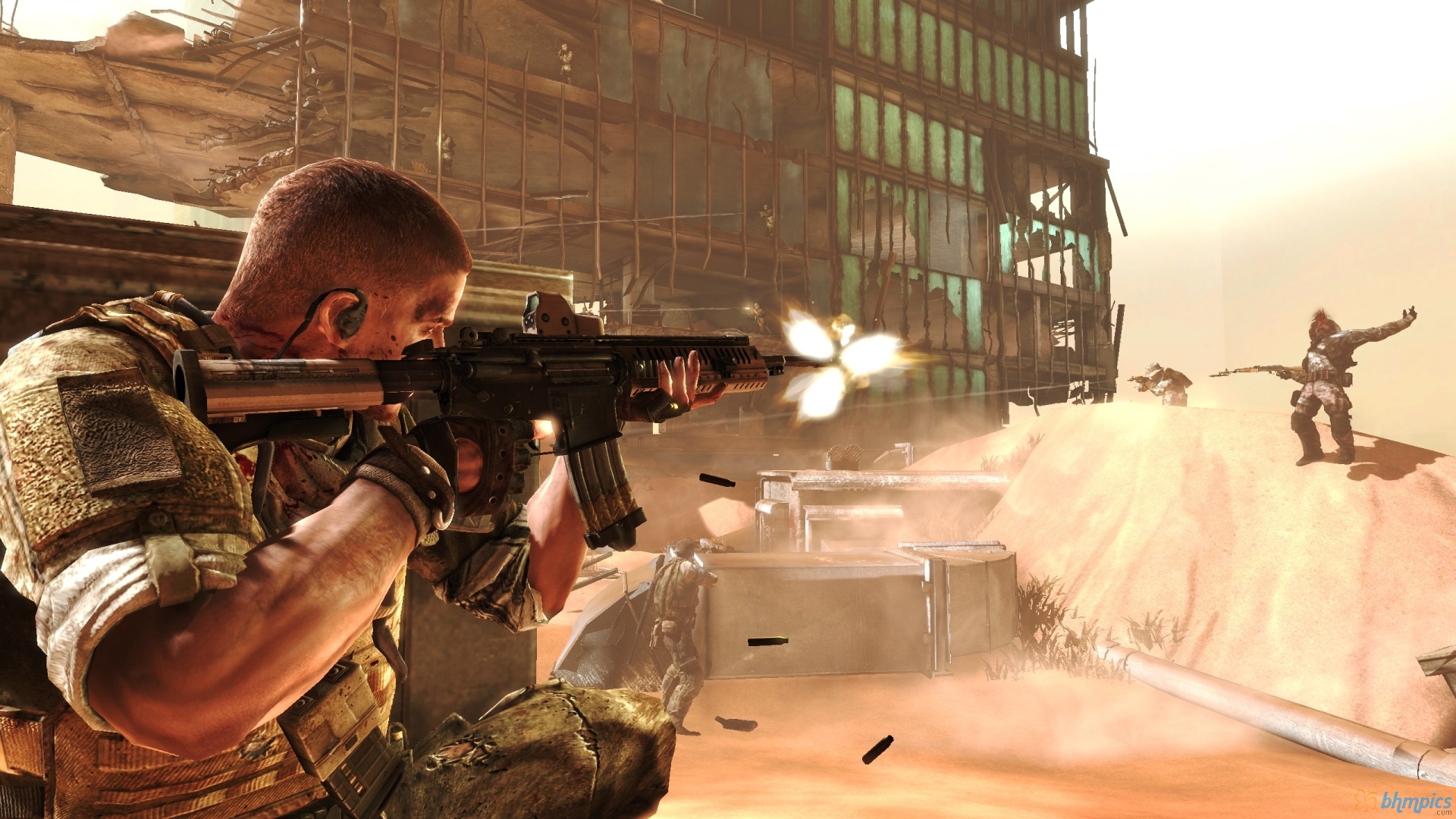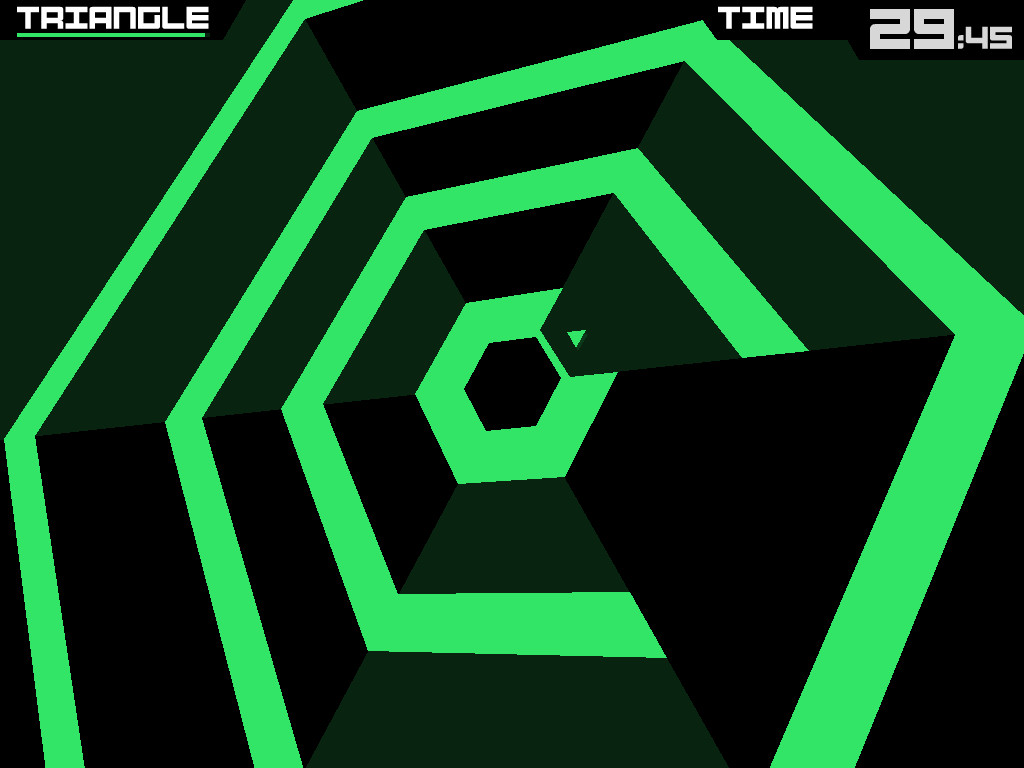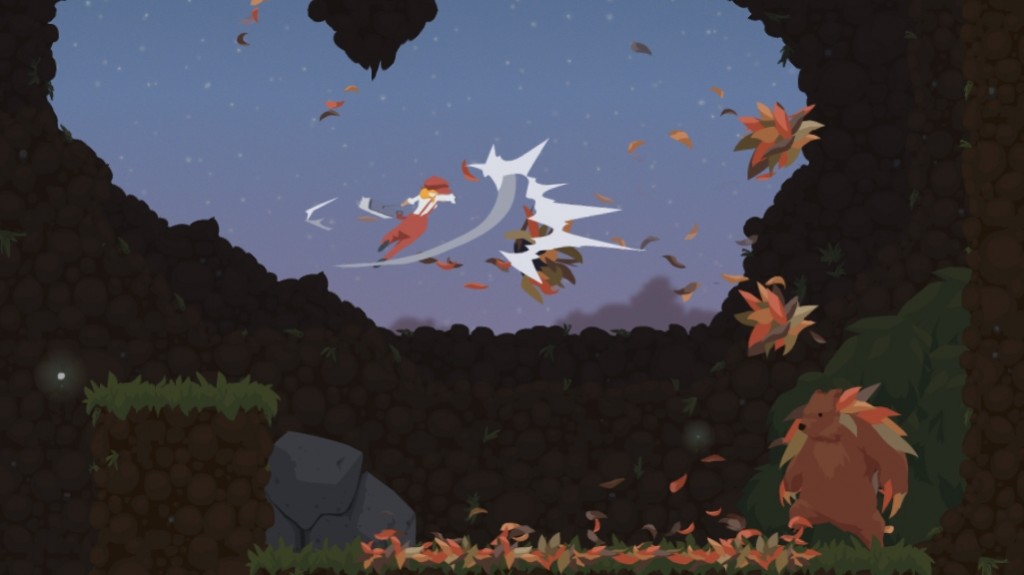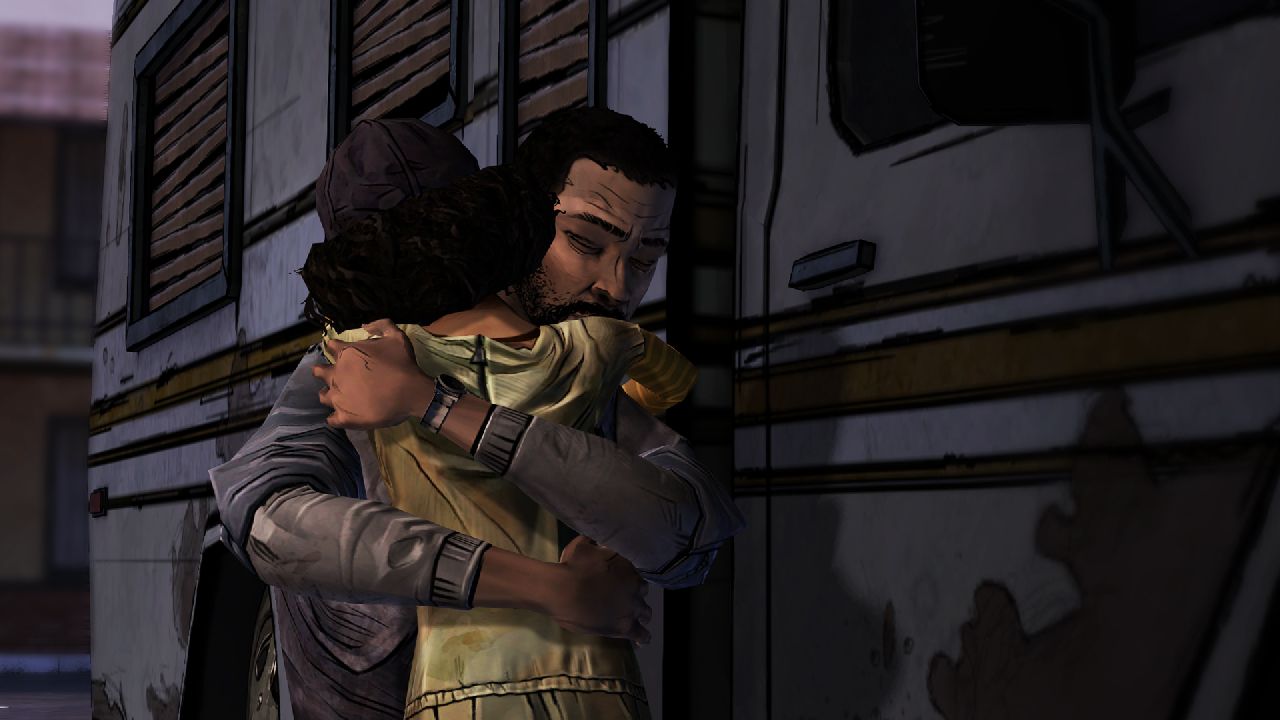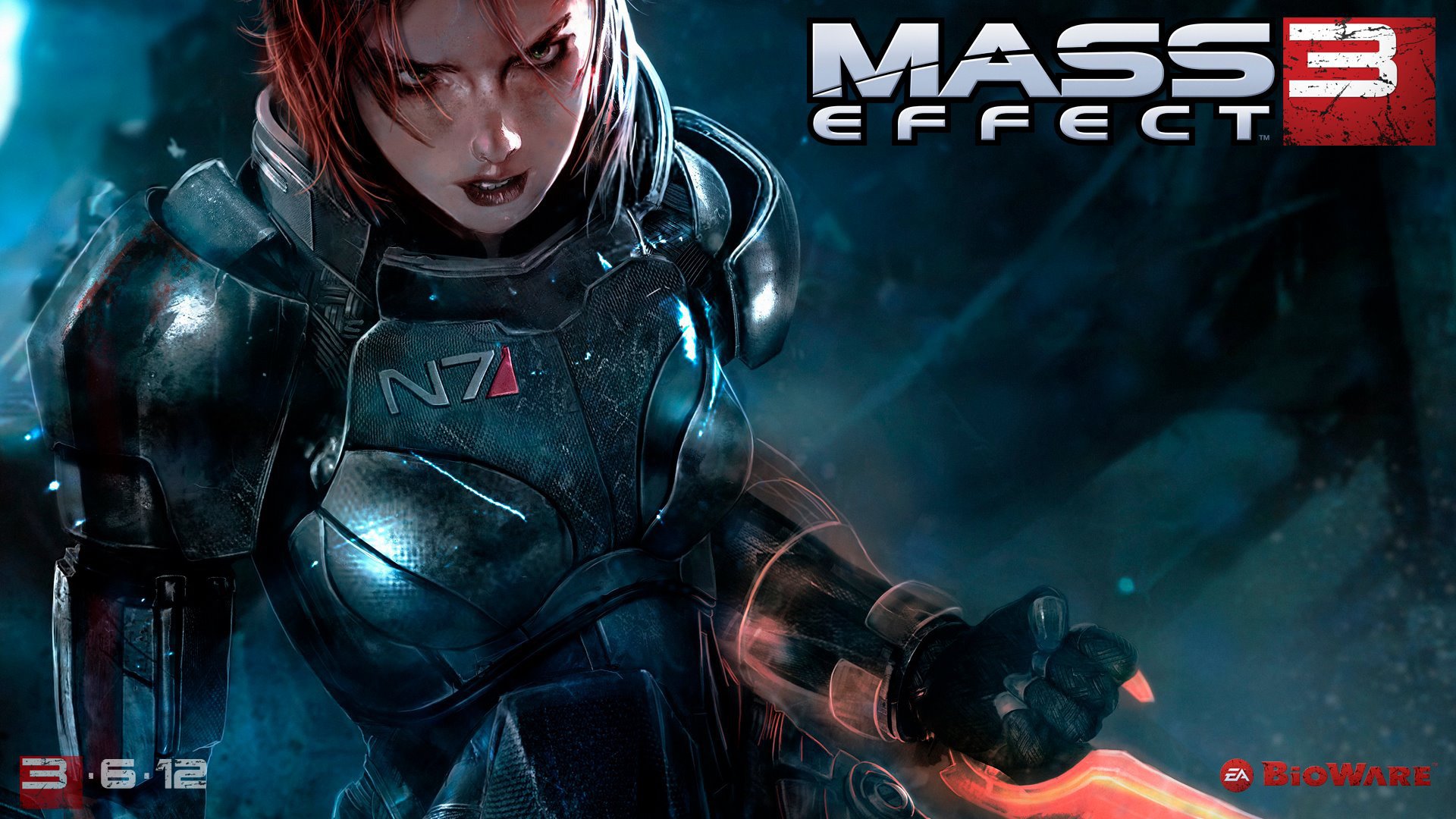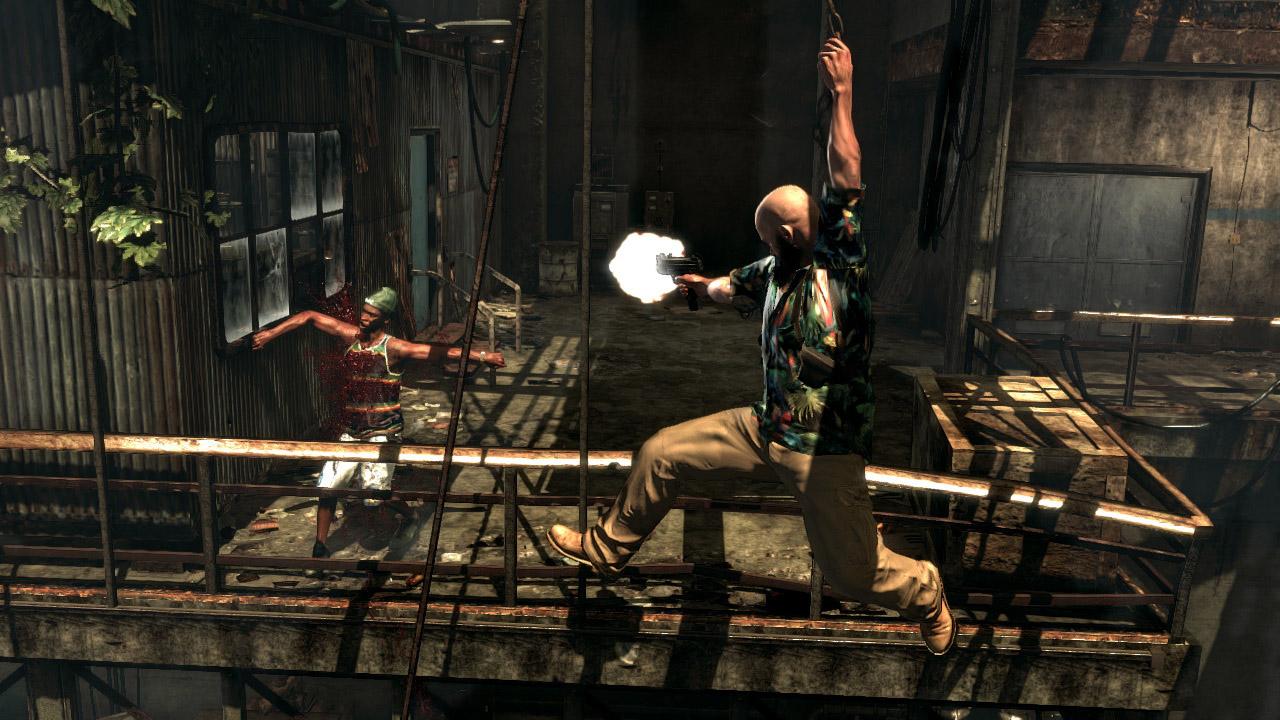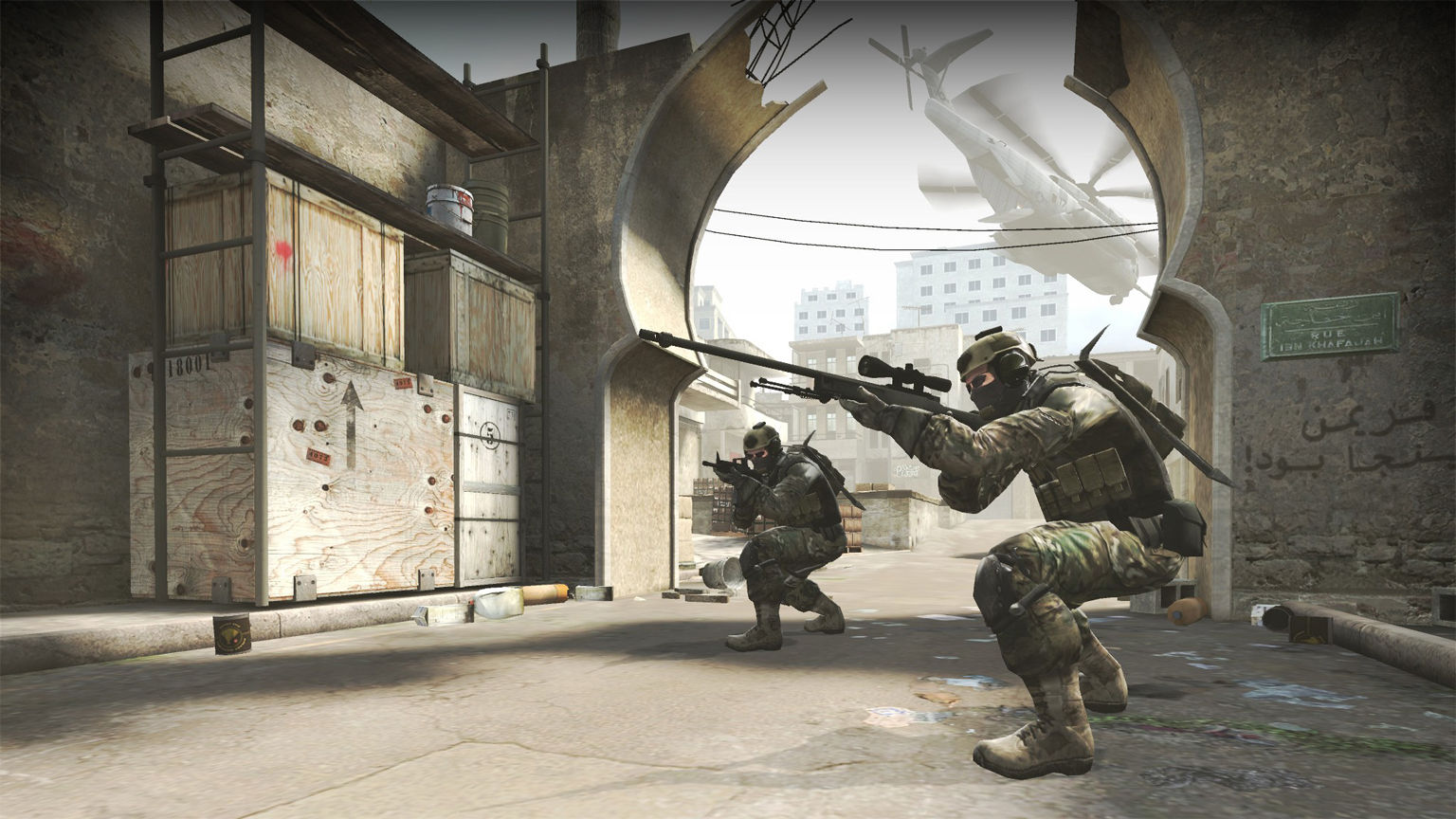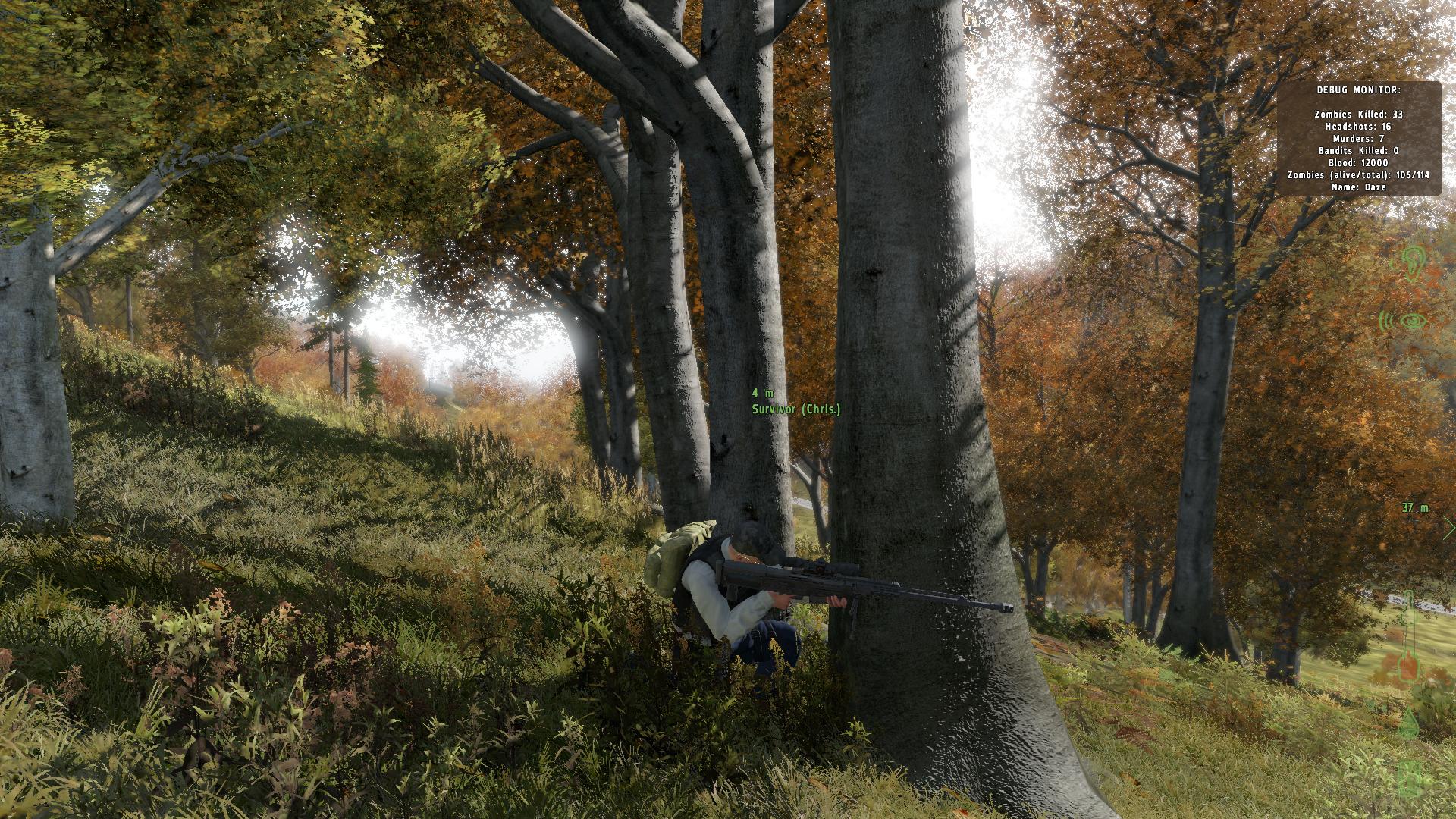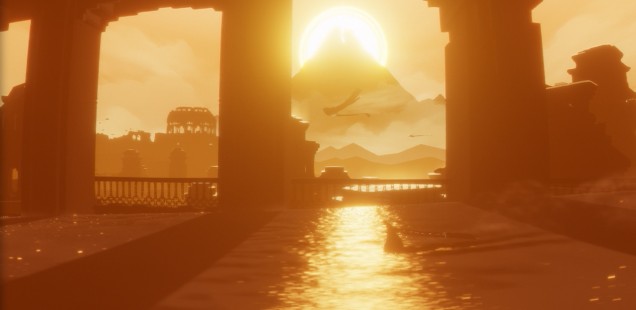
The Best of 2012
To celebrate the beginning of the new year, we here at Haywire have decided to honor our favorite games of 2012.
Each contributor got to pick one game and about three-hundred words to shower praise on their champion.The list is not sorted by quality, mind. One game per contributor, and they’re all exceptional.
Even so, we’ve missed a lot of good titles. 2012 was a great year for videogames. 4chan’s visual novel Katawa Shoujo surprised everyone by being tasteful. Journey brought us closer to strangers. FTL was the first crowdfunded game to see a commercial release, and awesome too. Dishonored sent us on a vengeful journey through a strange land, but Mark of the Ninja offered a more focused stealth experience. Far Cry 3 ended the year on a high note, despite its own weak ending.
So here’s to the exceptional titles of 2012, and a whole new year of excellent games.
Spec Ops: The Line – Johannes Köller
It’s surprising that Spec Ops: The Line managed to surprise me. I went into it after the first wave of critics had informed me of its intentions, its connections to Heart of Darkness and, by proxy, Apocalypse Now. I even decided to buy my first ever copy of Call of Duty to introduce myself to the genre it would be taking apart from within.
Still, I let it lull me in with conventional design and comforting tropes, wondering how the early commentary on Western Interventionism would continue. Then things went darker. And darker. And far too late I realized that Spec Ops did not mean to explore the role of all those other Americans in Dubai, but my own.
Many see the fact that Spec Ops leaves you no choice but to commit atrocities as a fault, but that’s the actual beauty of the game. It forces you to admit that, even if its rules allow for no other outcome than gruesome crimes against humanity, you are still complicit. You did have a choice. You chose to play Spec Ops.
It forces you to consider what our fascination with violent entertainment means. Why do we gravitate towards this military power fantasy? Does it say something about us?
What a confident game. What a weird game to come out of the triple-A space. What a grotesque, haunting, fascinating game.
Super Hexagon – Andrew Walt
As you grow up, your priorities shift. Free time evaporates to the obligations of work, community, and family. You might even feel like you should be doing something more dignified than playing videogames with what little free time you come across. All of this adds up to spending less and less time with something you once adored. I shudder at the thought of considering myself an adult, but at the age of 23, I simply don’t have the time for the bloated 40+ hour gaming odysseys I did when I was 13, and certainly not the patience.
I’ll play Far Cry 3 and Dishonored and whatever else, but I doubt I’ll ever see them through to the end. I’m much more interested in condensed, bite-sized experiences that I can enjoy in my spare moments. There’s something magnificent about the ability of Brendon Chung’s Thirty Flights of Loving to run its full engrossing course in the span of a coffee break. Terry Cavanagh captures that essence in Super Hexagon, too, and for reasons no less difficult to articulate.
You orbit a triangle around a hexagon as the walls close in. Vibrant colors flash, enthusiastic music pulsates and you’ll likely last only a few seconds of the herculean one-minute target. But its immediacy and energy make it addictive, and the triumph of eclipsing old high scores by mere slivers of seconds is as satisfying as conquering Dark Souls. These moments are endlessly repeatable, sharable and unpredictable. My friend once told me how his excitable satisfaction from beating Hyper Hexagonest got him some questionable looks on a packed subway.
So for being every bit as satisfying as ‘proper’ video games aspire to be in a miniscule fraction of the time, Super Hexagon is my game of the year. Terry Cavanagh, shine on you crazy hexagon.
Dustforce – Taylor Hidalgo
For me, there will always be an expectation of immersion within a piece of media. If I’m too aware of myself as a consumer rather than a character, then the magic is lost. That magic is fueled almost exclusively by the sense of style, atmosphere and expectation. If I’m comfortable as the player with the stakes, the controls and the methods, the experience simply swallows me up until the power button is pressed, or I’m exiting to Windows.
And unlike anything else this year, Dustforce managed to capture my soul and keep it as long as I’m playing. A simple comfort like returning to a childhood hangout or eating an old favorite meal, there’s something entirely ritualistic about it, as though even if the challenges are tired or repeated, the joy is still there.
And Dustforce manages it handily. It’s the kind of game I could play now, or twenty years from now, and miss only the feeling between, not necessarily the mechanics. The beautiful soundtrack is largely a part of that, as is the beautiful and effortless art style. Those successes by themselves manage to oust other games that drive me to learn more about the story, or to feel the mechanics once again. Any game that can make me as a player feel that comfortable deserves recognition. Decades later, we may not remember the tricks and tropes of our games of choice, but I don’t think I’ll ever forget this feeling.
The Walking Dead – Andrew Huntly
Lee Everett’s journey across zombie-infested Georgia with the eight-year old Clementine is one of the most emotionally rich stories I’ve ever played through. The game tells a deeply involving narrative of desolation intertwined with hope, as you come to realize that the laws of conventional morality can no longer apply in this newly ravaged world. All the while, Clementine is there. When I started the game, I tried to hide her from the blackness of humanity, exposed by this desperate apocalypse. But as the game went on, it became clear that this was never a world where innocence could truly belong. Lee could never be a parent to Clementine, but he could be a teacher. He was never the man to shield her from the horror, but the man to help her confront it and survive.
To me, The Walking Dead is the story of his redemption from his questionable past, as he fights with his head scarcely above the waters of depravity to ensure Clementine remains safe. This sentiment carried to many other cast members, even the ones who seemed to despise Lee. I didn’t always act civil, but I could never bring myself to harm them. Only once did I let vengeful anger take over, and I regretted it long after the fact.
Telltale’s zombie epic is a story of emotional intensity, a game in which the world is dead only to make each life you meet burn brighter, where violence doesn’t reward but instead leaves bruises. It’s a masterful piece of storytelling, a truly beautiful creation that leaves you with tears in your eyes but with such an appreciation for what a single person can mean.
Mass Effect 3 – Francisco Dominguez
Mass Effect 3 did something I’ve not seen tackled since Shadow of the Colossus, something surprisingly rare considering the popularity of heroes in this medium. From the start, it was unafraid to take on despair and doubt, accentuating tremendous amounts of heroism and grim perseverance by hacking away at anything stable supporting it. When design needs players to overcome a series of increasingly difficult challenges, evoking despair despite their experience of successive victories and growing competence is no easy task. Yet Bioware managed it.
The brooding apocalyptic tenor of the story is manifested in so many crafty ways that the convincing presentation almost overcomes the game-ness. The structural similarities of Bioware games are often criticized, but this one is superbly adapted to the devastating new scenario. Now quantifiable war assets are collected instead of the usual mystic McGuffins, navigating the world map becomes a perilous activity and large amounts of dialogue all convey that tangible constant menace of the Reapers. Game progression loses some of its comforting satisfaction. You may be brilliant, but remain a defiantly overwhelmed figure, a lone firefighter in a universe ablaze.
This feels a flimsy reason to pick a game of the year. So much care went into the game design and the staggering permutations of accumulated choice, and I focus on touches of detail, but it is the world, characters and story, or at least the acute sense of story, that elevates the game beyond everything I’ve played from 2012.
Dishonored engaged me more in its enticing virtual spaces. Hotline Miami has had me hooked with its compulsive gameplay and challenging but coherent obstacles, aided of course by that sensational soundtrack. These games were triumphs of world building too. But Mass Effect 3 remains the richer experience for me, the one that left the strongest memories, despite its widely dissected flaws. Maybe it benefits unfairly from the work of its predecessors, familiarity with characters and the world along with the escalated events making it a richer experience new entries can only be eclipsed by.
Max Payne 3 – Jack Nicholls
2012 was a great year in terms of videogame storytelling, but I felt that the gameplay presented in the years pickings was a bit underwhelming. There’s nothing wrong with games focusing more on narratives than mechanics, especially considering some of the quality tales we have seen throughout the year. But only one game this year really made me feel good just through the way I was interacting with its mechanics.
Max Payne 3 is the only game of 2012 I picked up again after finishing to play some more. Possibly because I play games to unwind and relax, which is far easier and more convenient to do through gameplay than through experiencing an entire story again. Max Payne as a series has always understood this, and Max Payne 3 comes brimming with more funtime activities than ever, including time trials, score attack and hardcore modes of the game, and a surprisingly well-done multiplayer mode. Add all this to the maddening level of detail and polish seen in its stylish and immensely satisfying bullettime shootings and we come to a game I am still revisiting months later to see if I can best my previous New York Minute score.
Counter-Strike: Global Offensive – Zachary Brictson
There’s nothing quite like Counter-Strike, except other versions of Counter-Strike. So when Global Offensive was announced, the prevalent feeling was one of fear, fear that Valve might move the franchise into more contemporary designs. And yet look at what we got, an almost flawless blend of modern visuals and tight, old school controls. New weapons, new recoil patterns to master and a grenade rework that all make Global Offensive feel like a unique addition to the franchise, while still abusing the name’s greatest qualities.
What really put Global Offensive above the competition this year was its new matchmaking system. Everyone always talks about competitive Counter-Strike, but few have actually gotten the opportunity to experience it. Now both casual newcomers and rusty veterans can get in a pro styled match on some of the most historic maps of the FPS genre, without all that third party overhead of years past. Granted, Global Offensive has plenty of improvements to make to its new system, but this is the first time Counter-Strike has actually advertised what makes it great. This is clean FPS, round-to-round drama built around the infinite potential of your rifle and the disciplined organization of your teammates. Give the game a fair chance and it’s sure to make your hands shake.
DayZ – Ethan Woods
Everything is relative, and so it would be impossible to talk about my game of the year without first noting my second choice. Mass Effect 3 contained, to my mind, quite a wonderfully unique experience: in its last deep breath before the plunge I could feel an undeniable sense of dread, behind which stood millions of dollars, five years and ninety hours worth of gameplay. In March 2012, those two minutes of choking apprehension seemed more than worth every penny, hour and second.
In May 2012? It was like watching someone sell their soul for a McFlurry and some chicken nuggets. Because all it took for DayZ to ram my heart so far up my gullet that it was almost choking me was a concept as old as fiction itself, a shitty little pistol, and the briefest glimpse of another human being’s arse. Without a tutorial or guiding hand to steer you after pushing through the vaginal flaps of its server screen, it builds itself as cold, barren and vindictive. If love is blind, then DayZ is a pair of correctional lenses forged by the devil. It just doesn’t give a shit about you. And with its isolationism and resolute indifference you realize something: an emotional connection doesn’t require millions of dollars, five years and ninety hours worth of gameplay. Just a shitty little pistol and the threat of another human being. Maybe the loss of your companions, or even the realization that you’ve done all you can, and now there’s nothing left but to lie down and be eaten. I’ve often pegged DayZ as a game that lets you tell stories, more than anything though, I think it’s a game that just lets you feel.
